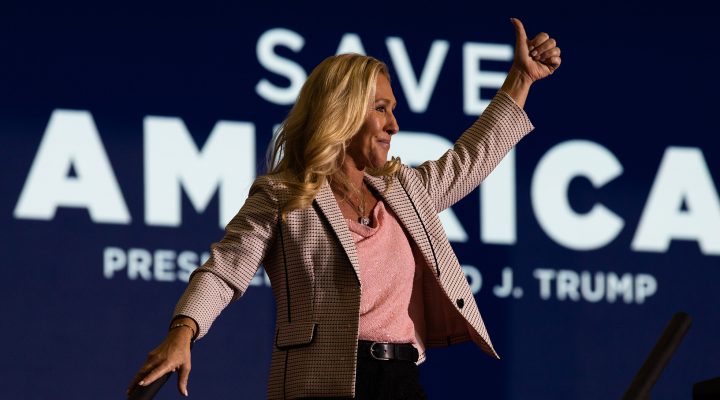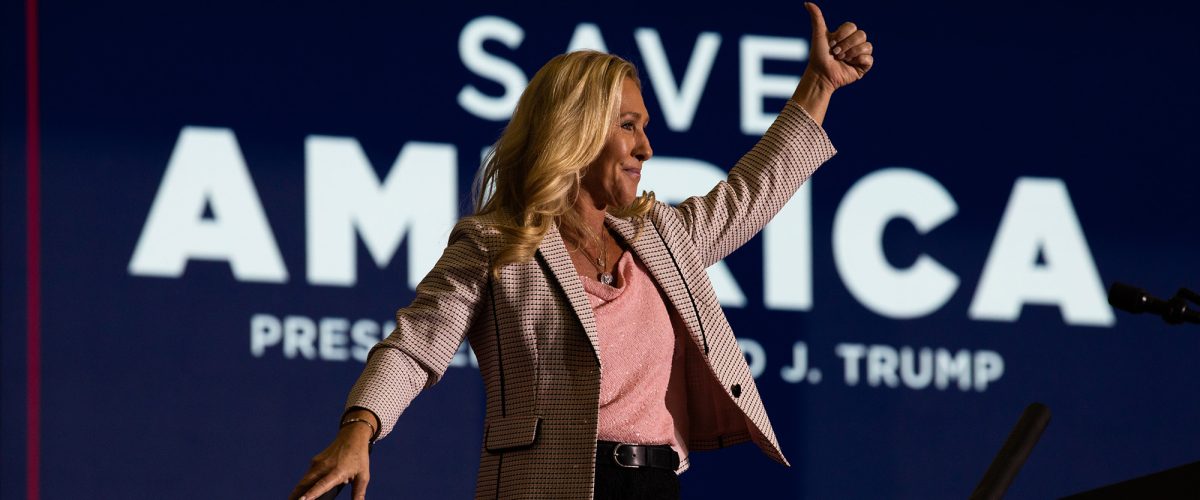The use of dehumanizing language against people of faith who reject Christian nationalism is an attack on the religious freedoms guaranteed in the U.S. Constitution, leaders of Baptist Joint Committee for Religious Freedom said in a recent podcast.
BJC General Counsel and Associate Executive Director Holly Hollman described a video recorded by an ardent Donald Trump supporter walking in front of an inclusive church. “He taped himself saying that this is what’s wrong with our country … and that this is a problem contaminating our schools, our businesses, and that the real God has been taken out of society.”
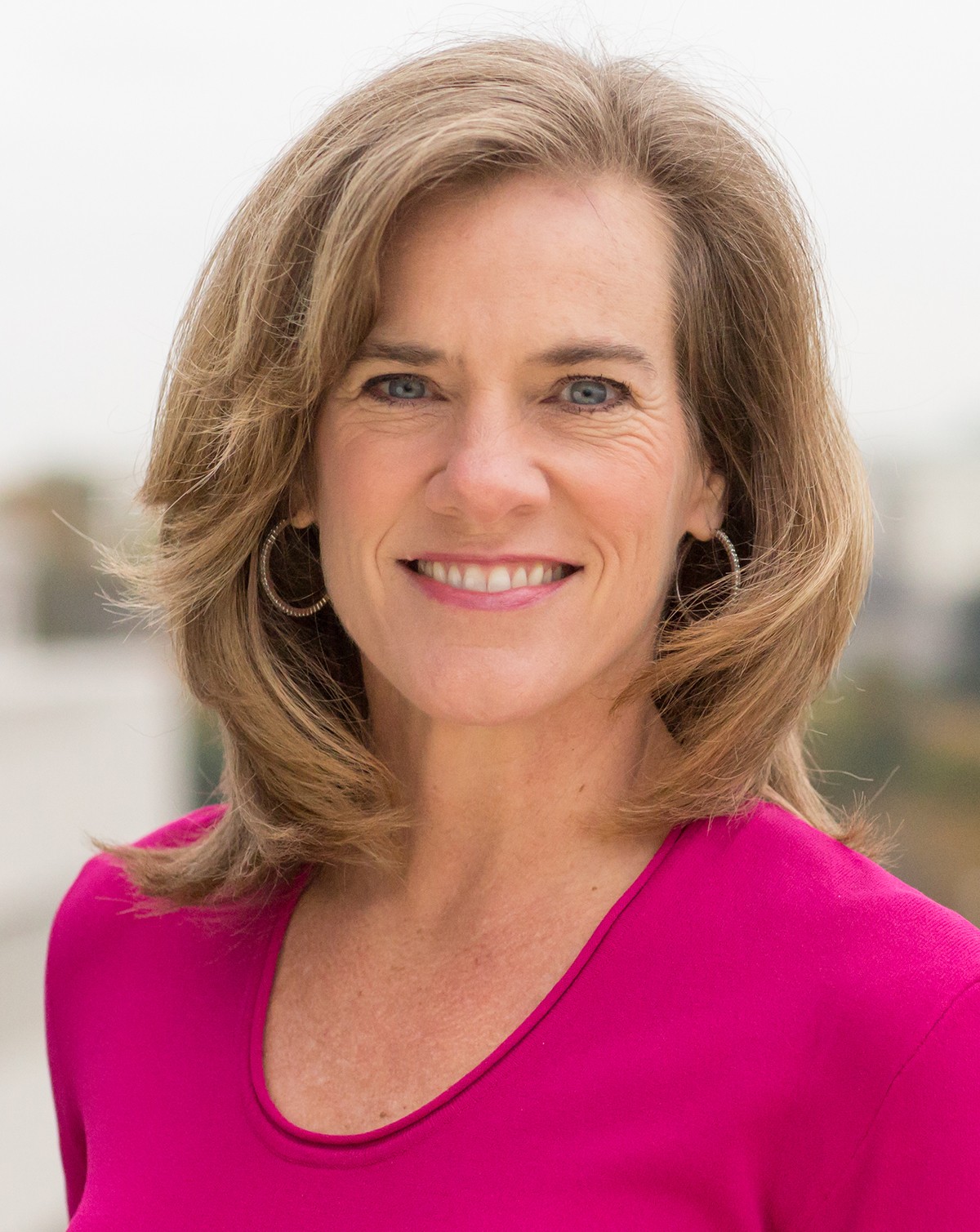
Holly Hollman
Watching the video was alarming because such inflammatory language can inspire physical violence aimed at that or other congregations that welcome all people, Hollman said during the March 9 installment of BJC’s “Respecting Religion” podcast.
“It just shows the dangerousness of Christian nationalism,” she said. “They’re a real threat. And we know it’s not something that happens just to Christian churches, but something that more often has targeted synagogues and other minority religious gatherings.”
That Christian nationalist rhetoric can turn to violence was on full display in December 2020 when members of the Proud Boys white supremacist group burned and vandalized Black Lives Matter signs in front of an African American church just blocks from the White House, co-host and BCJ Executive Director Amanda Tyler added.
But the unease these actions can generate in religious groups that reject Christian nationalism itself is an attack on their constitutional rights, she said. “When that sense of safety in our places of worship is threatened, we really don’t have strong religious freedom.”
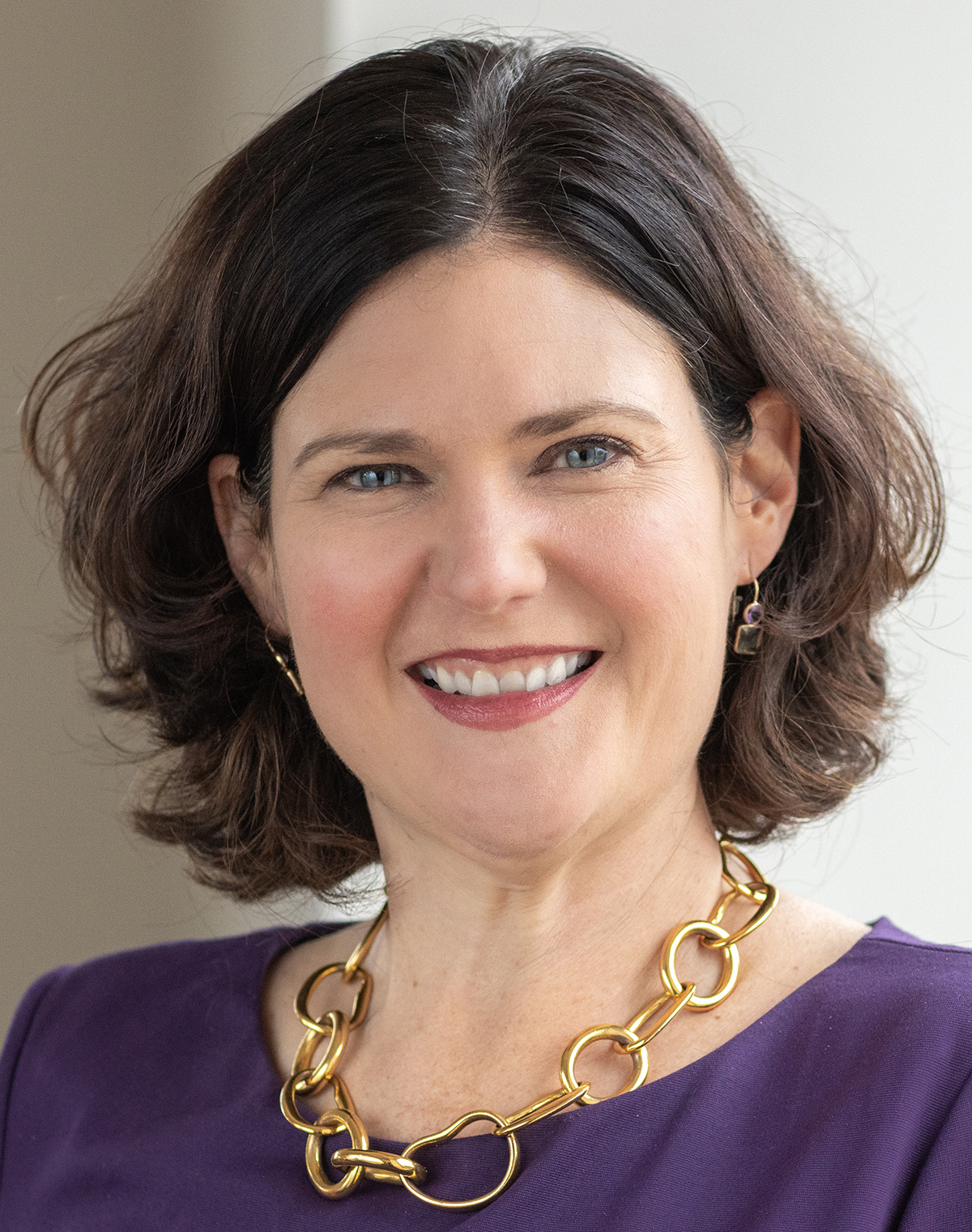
Amanda Tyler
Tyler and Hollman used the podcast to discuss the role played by the annual Conservative Political Action Conference, or CPAC, in promoting the ideology and cultural framework of Christian nationalism. They also discussed how recent controversial statements by New York City Mayor Eric Adams evoked a Christian nationalist perspective.
Georgia Congresswoman Marjorie Taylor Greene addressed the CPAC audience during its March 1-4 meeting in Washington, D.C.
“She talked a lot to the crowd about ‘our God’ and said that because of God we will get bills passed, again infusing the sense of God is on our side and that if you don’t believe in the same kind of God that she does, that you’re not really fully part of this (nation).”
Greene has actually embraced the identity of Christian nationalists and has urged the Republican Party to fully and openly embrace the ideology which seeks a merger of government with white Christianity, Tyler said. “So she very much is on the vanguard, the leading edge, of Christian nationalism in the United States today.”
Another to speak at CPAC was failed Arizona Republican gubernatorial candidate Kari Lake, who urged the crowd to consider themselves revolutionary patriots battling globalists.
“This is a lot of coded Christian nationalist language that is urging the crowd to see God is on their side and everyone else as anti-God.”
“So again, this is a lot of coded Christian nationalist language that is urging the crowd to see God as on their side and everyone else as anti-God,” Tyler explained.
Hollman said CPAC has become a multi-day Donald Trump rally that includes “a lot of election denialism, of Christian nationalism and a lot of really disturbing ideas.”
Among the most unsettling of those ideas came from conservative commentator Michael Knowles when he called for the “eradication” of “transgenderism.”
“I see this as dangerous rhetoric and as a genocidal comment,” Tyler said. “There is no such thing as ‘transgenderism’. So, what you’re doing here is, first, dehumanizing people by turning it into an ‘-ism’ and then by calling on this crowd to eradicate it, which means eliminate it from our society.”
“Another problem with this kind of extremism is that it’s not just a platform for however many people … feel good about their sense of victimhood or their outrage about things that they disagree with, but it also inspires people to go out and think that they’re going to correct this in dangerous ways,” Hollman added.
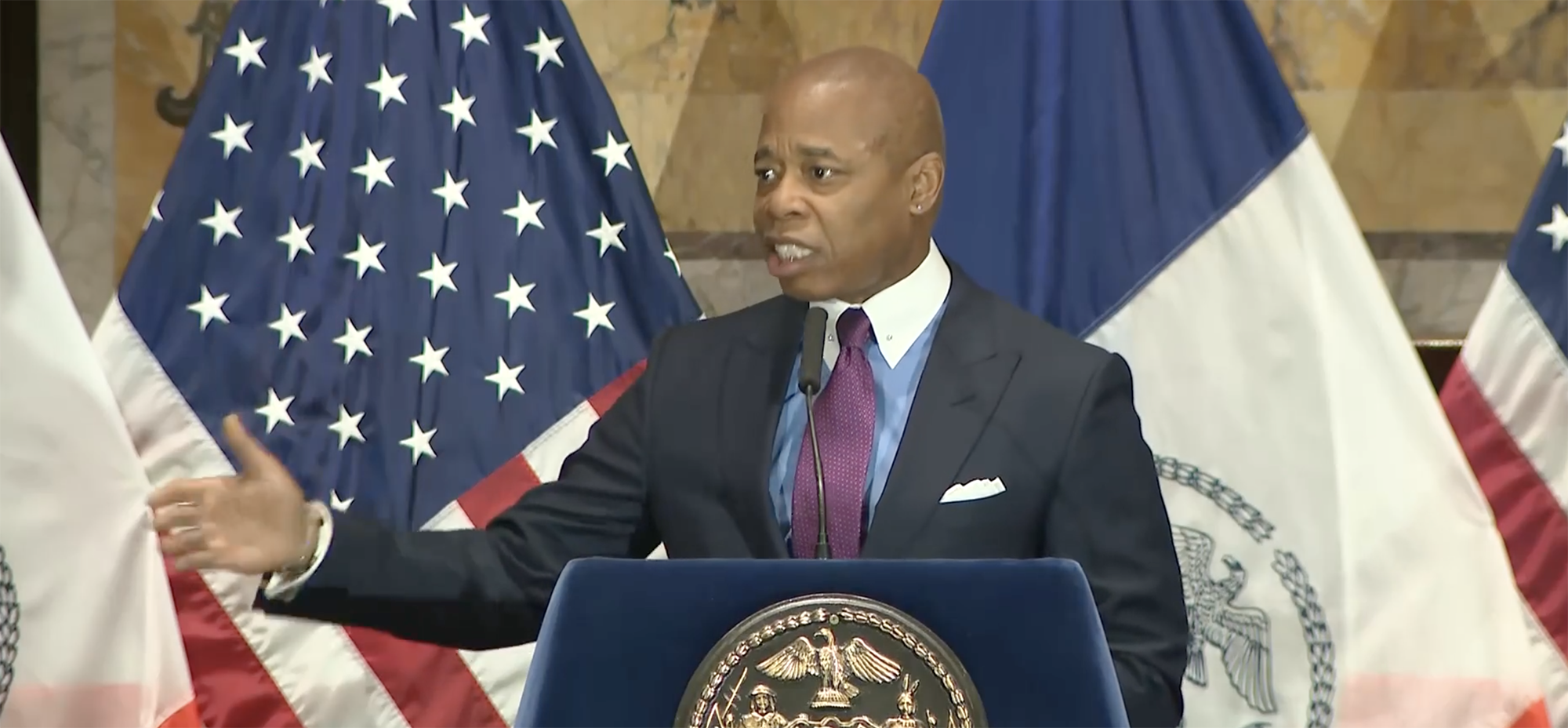
New York City Mayor Eric Adams speaking Feb. 28
In New York, Mayor Adams’ February comments disparaging the separation of church and state and blaming gun violence on the so-called removal of prayer from public schools, also were dangerous, Tyler and Hollman said.
They shared portions of an audio recording from a prayer breakfast where Adams told the audience, “Don’t tell me about no separation of church and state. State is the body. Church is the heart. You take the heart out of the body, the body dies. I can’t separate my belief because I’m an elected official. When I walk, I walk with God. When I talk, I talk with God. When I put policies in place, I put them in with a God-like approach to them.”
Later, he added, “When we took prayers out of schools, guns came into schools.”
“That’s maddening,” Hollman said. “I’ve been at this work a long time and I’ve seen that argument made through the years, whether it was about stopping and reducing teen pregnancy or drug use or any number of social ills. People can say the problem is we took prayer out of the schools. Of course, no one took prayer out of schools. No one could do that. Instead, we took away any right for the government itself to write prayers, to lead in religious exercises in this coerced environment of public schools.”
Related articles:
My home state is no longer safe for my family | Opinion by Lucas Land
New York City mayor dismisses need for separation of church and state
No, Dan Patrick, God did not write the U.S. Constitution | Opinion by Rick Pidcock

